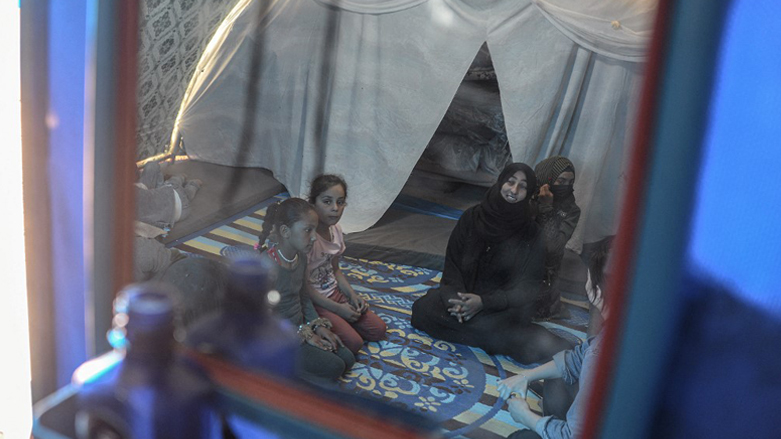Iraq to repatriate 500 families from Syria's Al-Hol in 2022

ERBIL (Kurdistan 24) – Iraq is set to receive 500 families by the end of 2022, the country's ministry of migration and displacement announced on Wednesday.
In cooperation with the security establishments, the Iraqi displaced authorities are repatriating the families currently residing at northeastern Syria's notorious Al-Hol Camp, Ali Abbas Jahangir, the ministry's spokesperson, told state media Iraqi News Agency.
The returning families are planned to be transferred to Al-Jad'a center in Iraq's Nineveh, where they are set to be rehabilitated and served with the necessary psychological support, according to the official.
The camp is currently housing the family members of ISIS, whose self-proclaimed caliphate was defeated in 2019 in Syria by the Kurdish-led Syrian Democratic Forces and the US-led Coalition to Defeat ISIS.
In addition to Europeans and other nationalities, the camp is believed to be mainly populated by Iraqis. Around 30,000 Iraqi families are still living in the camp, including 20,000 children, according to the ministry.
Once the families arrive at the rehabilitation center, they will undergo "security checks", according to the camp's administrators. They will be reintegrated into their places of origin, namely the Sunni-majority areas such as Diyala, Saladin, and Nineveh.
Some of the returning families say they have faced discrimination from their communities.
"They say we're a part of IS. It's true my husband was a member of the group. But that was him, not me," Shaima Ali, 41, told AFP in late May.
